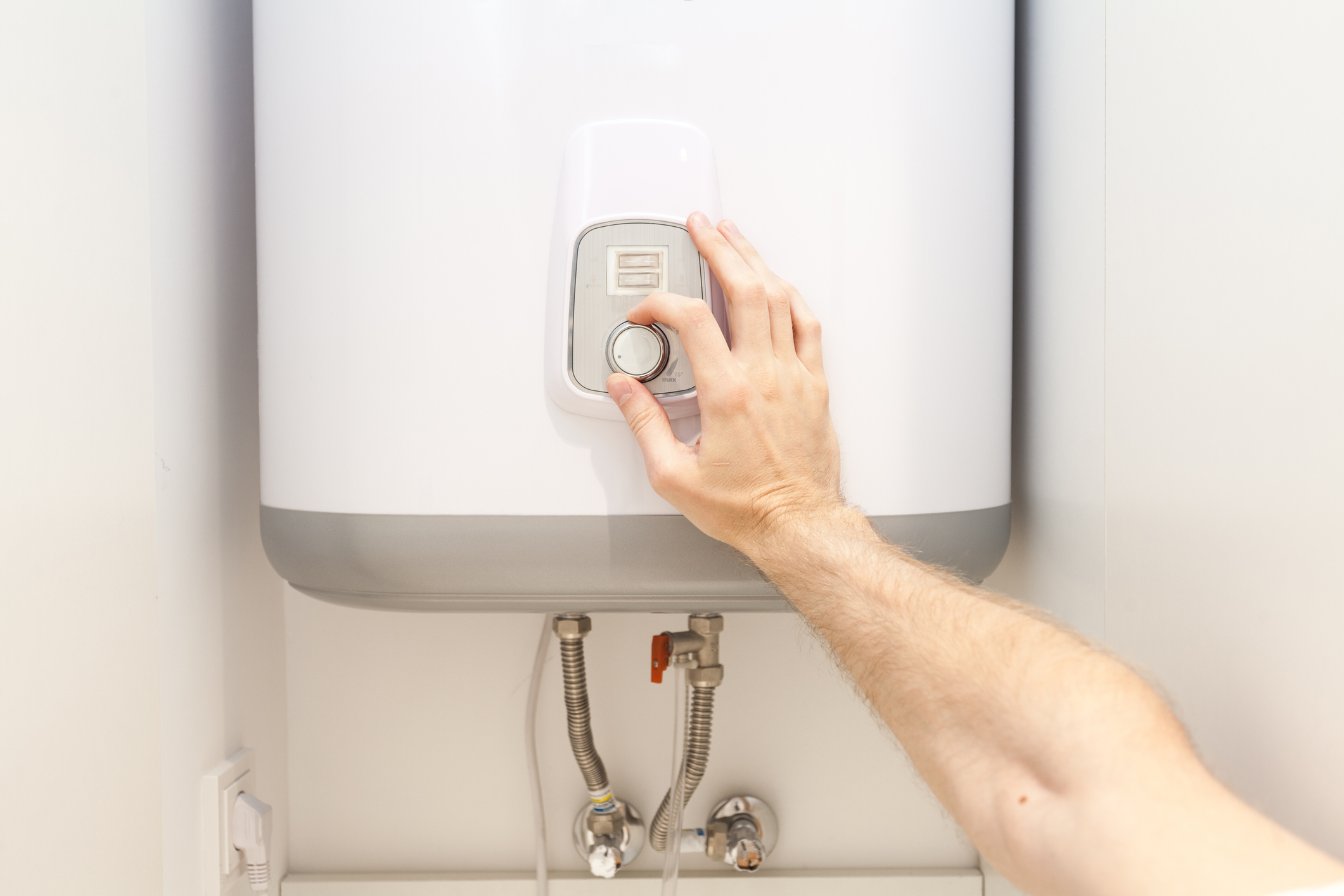
By adjusting your water heater’s setting and adding some insulation, you can save money on your utility bill. Follow these tips to improve the efficiency of your home’s natural gas water heater.
- Check your temperature setting: Although some manufacturers set water heater thermostats at 140ºF, most households usually only require them to be set at 120ºF, which also slows mineral buildup and corrosion in your water heater and pipes. Savings resulting from turning down your water heater temperature are based on two components: reduced standby losses (heat lost from water heater into the surrounding area); and consumption (from water demand or use in your home). Set too high, or at 140ºF, your water heater can waste anywhere from $36 to $61 annually in standby heat losses and more than $400 in demand losses.
- Insulate your hot water pipes: This reduces heat loss and can raise water temperature 2–4°F more than uninsulated pipes can deliver, allowing you to lower your water temperature setting. You also won't have to wait as long for hot water when you turn on a faucet or showerhead, which helps conserve water.
- Insulate your tank: Just like insulating your walls or roof, insulating your hot water tank is an easy and inexpensive way to improve energy efficiency and save you money each month. If your water tank is new, it is likely already insulated. If you have an older hot water tank, check to see if it has insulation with an R-value of at least 24. If not, consider insulating your water tank, which could reduce standby heat losses by 25-45 percent and save you about 7–16 percent in water heating costs — and should pay for itself in about a year. You can find pre-cut jackets or blankets available from around $20. If you don't know your water heater tank's R-value, touch it. A tank that is warm to the touch needs additional insulation.
- Buy a new energy-efficient water heater: While it may cost more initially than a standard water heater, the energy savings will continue during the lifetime of the appliance.


